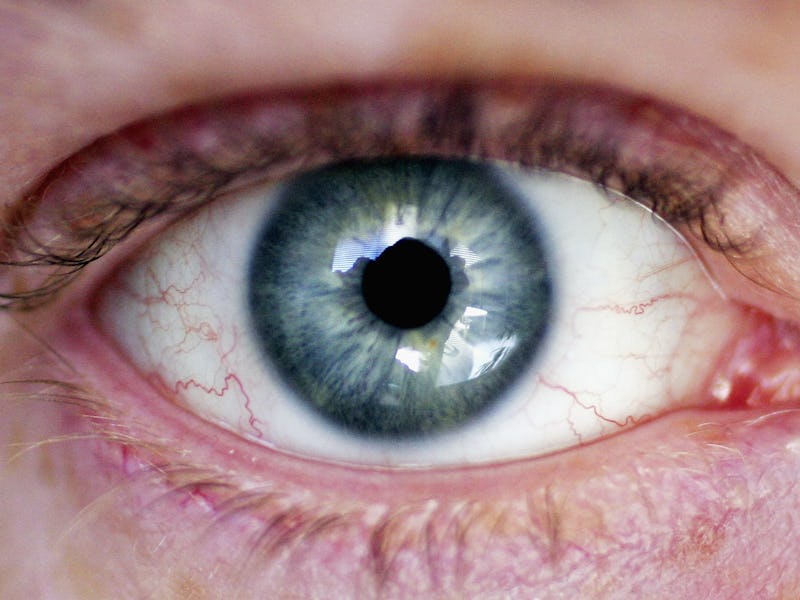Google DeepMind May Scan Eyes to Spot Diseases
Google's A.I. team will partner with the NHS Moorfields Eye Hospital.

Google’s DeepMind artificial intelligence system is teaming up with Britain’s National Health Service (NHS) to develop a system that will recognize eyesight-threatening conditions. On Tuesday, Moorfields Eye Hospital announced plans to team up with DeepMind, with the hope that the hospital will be able to eventually scan patients’ eyes for symptoms.
“There’s so much at stake, particularly with diabetic retinopathy,” said Mustafa Suleyman, Google DeepMind co-founder, to The Guardian. “If you have diabetes you’re 25 times more likely to go blind. If we can detect this, and get in there as early as possible, then 98% of the most severe visual loss might be prevented.”
Moorfields will provide DeepMind with one million anonymized eye scans. Alongside this data, the hospital will provide relevant information about disease management, so the software can build up a better idea of what issues impact eye scans.
It’s a far cry from the days of playing Go against humans. Although AlphaGo’s achievement was impressive, the NHS partnership shows that Google’s machine learning algorithms can be used to help save lives and combat diseases.
“Our research with DeepMind has the potential to revolutionise the way professionals carry out eye tests and could lead to earlier detection and treatment of common eye diseases such as age-related macular degeneration,” said Sir Peng Tee Khaw, director of the National Institute for Health Research Biomedical Research Centre in Ophthalmology at Moorfields Eye Hospital. “With sight loss predicted to double by the year 2050 it is vital we explore the use of cutting-edge technology to prevent eye disease.”
The partnership is not the first time DeepMind has worked with the NHS. In May, the Google subsidiary announced it would work to help predict diseases by scanning patient data for telltale signs. The Royal Free NHS Trust is helping DeepMind develop an app that could flag up whether a patient is at risk of kidney failure.